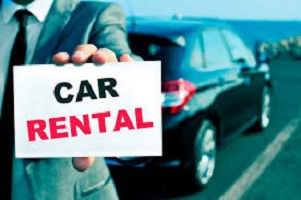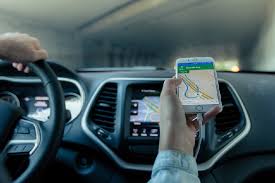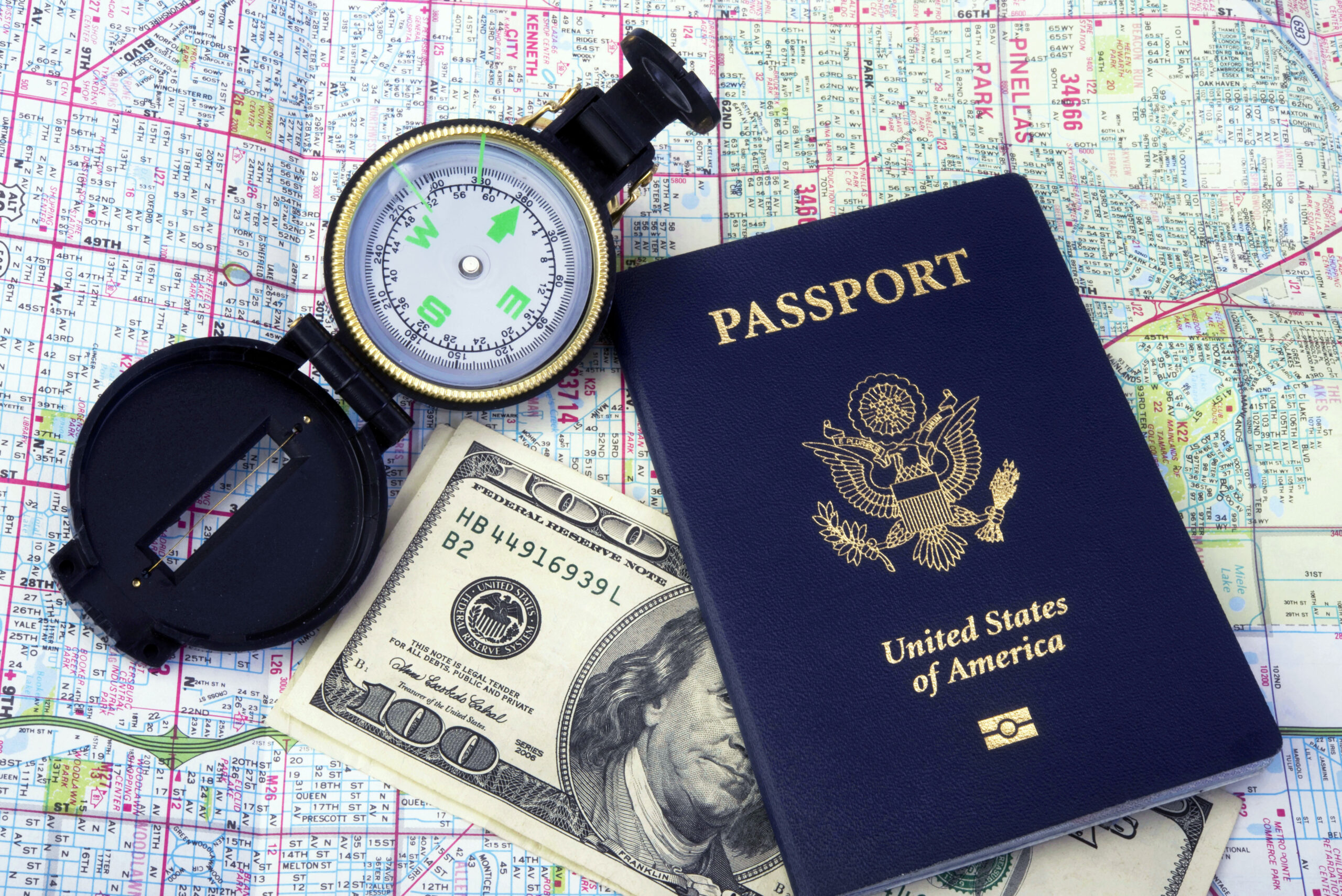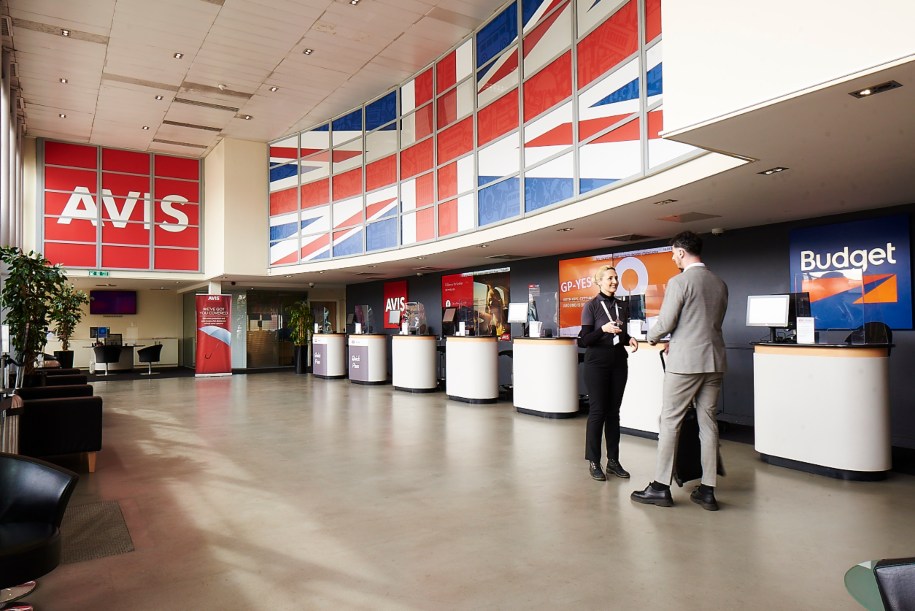Yes. Insurance for a single day is available.
How to Find Cheap Car Hire
PUBLISHED ON Jan, 20 2023

You booked your flights, reserved your hotel and now you are looking for the perfect deal for renting a vehicle. Let’s begin by looking at the options available to you for finding the best car hire deal online.
Car Hire Companies
Car hire companies rent out to holidaymakers from their offices at airports and in popular holiday resorts. They include familiar brands such as Avis, Alamo, Budget, Europcar, Hertz and Sixt.
We recommend that you check their individual websites for quotes but more often than not you’ll find that you can rent their cars cheaper through the broker websites.
When you arrive at your airport you’ll often see people standing in the arrivals hall holding a card showing their cars for rent. These are independent local operators many of whom have their own websites that you’re unlikely to come across as search results are dominated by the big brands. To find out if there are any local car hire companies that are highly rated by visitors you can go to Tripadvisor.com. This is a great place to find out what others are saying about your destination. You can also sign-up for an account then ask a question in the forum and you’ll often get an answer from a local destination expert.

Price Comparison Websites
Instead of searching through countless car rental websites you can now visit a single price comparison website and they’ll save you the time by doing all the searching and comparison for you. All you need to do is input your destination and travel dates then click the search button. Their search technology then will display results from a large number of car hire websites.
There are many good price comparison sites such as rentalcars.com, autoeurope.com and more. Here you can do a single search and their website will compare prices from around 50 car hire and car broker companies in just a few seconds.
Please be aware to the fact that there are certain car rental companies that manage to manipulate the search results by falsely providing low quotes so that they get their rates to the top of the search results. They then proceed to rip-off unsuspecting customers on arrival which makes a mockery of the search results provided by the bona fide price comparison websites. It is not the price comparison websites that are at fault here but the car dealers whose online prices don’t reflect the true cost once you arrive at your destination (see “Beware of Extra Charges” below).
Completing Payment for your Rental Car
Once you’ve found the best possible deal you’ll be required to complete the online booking of your car hire in one of two ways:
(1) Payment is made in full at the time of booking.
(2) You only pay a small deposit at the online checkout and complete your payment when you pick up your vehicle.
It’s usually a good idea to pay in full at the time of booking because you are then protected against extra charges added on to your bill before you can collect your car.
When you complete your order you will receive a voucher. This voucher tells you which car hire company you’ll be collecting your car from at your destination and it must be presented in order to collect your car on arrival.
Beware of Extra Charges

Once you arrive in your destination you’ll head to the counter of the car hire company where you’ll have to deal with paperwork formalities before you can collect your car. The charges you can expect to pay include any outstanding balance (if you didn’t fully paid when you placed your order), a fuel charge and maybe a small top-up insurance to cover things like tyres, windscreens and the underside of vehicle (things not covered by the Collision Damage Waiver).
This is where you need to have done your homework before committing to a particular car hire quote as a few of the more unscrupulous operators will attempt to add on additional fees before handing over the keys. Here are some of the main extra charges to look out for:
Extra Insurance and Insurance Excess
When you get your car hire quote it usually includes at least a Collision Damage Waiver (CDW) which covers damage to the vehicle in the event of an accident. It will also include an “excess” which is the amount you’d have to pay before the insurance policy covers any damage to the car. This “excess” may range between €900 – €2,500, depending on the rental company and destination. Before you pick up your car you will be asked if you wish to purchase an additional coverage to provide more comprehensive cover in the event of your car being damaged or stolen. If you take out this additional policy it gives you fully comprehensive insurance and reduces your “excess” to zero.
You can take out a separate ‘excess insurance policy’ before you travel and refuse to take out the car hire company’s policy when you arrive. This specialist type of insurance covers the policy holder rather than the rental vehicle. If your car is damaged or stolen whilst you’re abroad you’ll pay the excess to the car hire company with your credit card then reclaim this expense when you get home from your ‘excess insurance policy’. If you rent abroad for more than a week a year this could well be worth looking at.
See How Much You Can Save on Your Car Rental Insurance
Get StartedFuel Charges
The fuel policy operated by car hire companies varies according to the supplier. You will often pay a high premium for returning a car with an empty tank, so you’ll probably want to fill up before you return your vehicle. However, most car rental companies now offer the option of purchasing a full tank of gas when you first take the car, enabling you to return the car with as much or as little fuel as you wish.
Note that there is no refund for unused fuel, so you’ll likely be paying a little extra for the convenience of skipping the trip to the gas station. Also, you might be able to find a better per-gallon price by shopping around on your own. The best option if you can find it is to collect your car with a full tank of petrol then return it full. This way you know you’re paying the market price for your petrol and not being subjected to the profiteering of the car hire company.
Additional Charges
The most common additional charges that might be added on is for an additional driver. Adding more than one driver to your rental agreement often carries a surcharge. Other additional charges may apply for the mileage you cover, for child seats, GPS, roof racks and for one-way rentals. You should check carefully when you get your original quote to see whether these are included or not.
Local Taxes
Car rental quotes should include VAT so you should not see this added to your total on arrival. Again you need to check when booking so that this doesn’t become another added cost. Any airport taxes and surcharges should also be included.
Exchange Rate Adjustments
Some companies will provide you with a quote in Euros then charge you in your local currency when you come to make the final payment. The exchange rate used tends to be below the market rate and some will add insult to injury by adding on what they call an “exchange rate mark-up”. In other words they choose to convert the money on your behalf at a non-competitive exchange rate then charge you for the privilege! It’s much better to get a quote in your local currency and pay in before leaving for your trip. If you must settle the balance whilst abroad and have the option of paying in Euros or Pounds always choose Euros otherwise the car hire company will do the exchange rate conversion for you at a worse rate than your bank will.
The 24 Hour Clock
Another thing that you should be aware of is the 24-hour clock rate. If you rent your car on Tuesday and return it on Wednesday, most companies charge you one day only if you return it within 24 hours. Some companies will give you a 30-minute grace period before hourly charges start kicking in; after 90 – 120 minutes you may be charged for the full extra day. Check the terms and conditions in your rental documents.
Deferred Credit Card Charges
Many holidaymakers have had quite a shock when they’ve returned home only to find that the car hire company has added extra charges to their credit card bill. When they query these charges they are usually told that it is because of damage to the car. To avoid the likelihood of this scenario be sure to check the car very carefully on arrival and make sure that any marks are reported before you drive away. On returning it some people take photos of the car to prove that it is in the same condition as when they collected it.
Travel Tips and Guides

Navigate the World: How to Get Your AAA's International Driving Permit Effortlessly
Gil Farkash

Top Tips for Stress-Free Renting a Car in USA: Your Ultimate Road Trip Guide
Gil Farkash

Essential Tips for Renting a Car in UK: Your Complete Guide
Gil Farkash
Frequently Asked Questions (FAQ)
No. We provide a single journey plan. You are covered from the time you pick up the rental car up to the time you return it or on the last date written on your Certificate of Insurance, whichever comes first.
No. You should purchase a policy before starting your travel.
Find the answers you’re looking for to the most frequently asked car hire insurance questions as well as other questions relating to our products and services.
